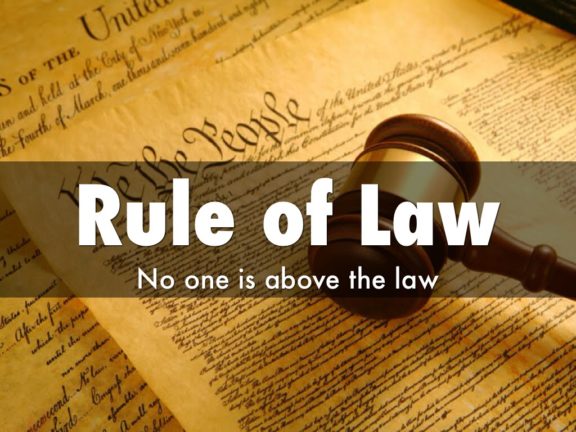The Deeper Problem Remains: Man or God?
As I ponder the current crisis in Ukraine, instigated by a Russian despot, I think back to what I wrote in a book I published in 2015. The aim of The Witness and the President was to analyze the lives and beliefs of Ronald Reagan and Whittaker Chambers and try to figure out which man was more correct about the future of freedom. Reagan was the supreme optimist. That doesn’t mean he didn’t see threats clearly, but he had faith… Read more »


